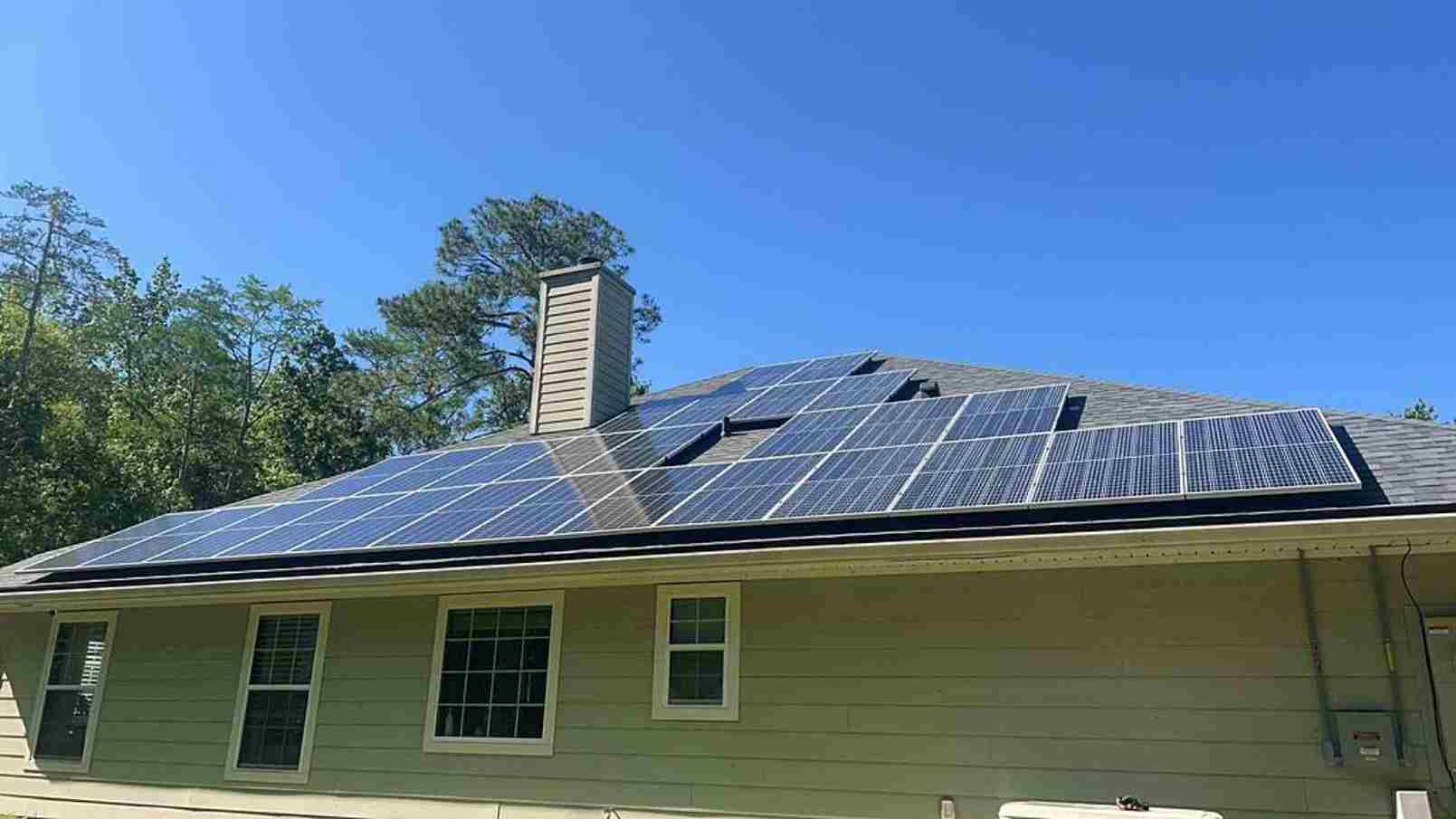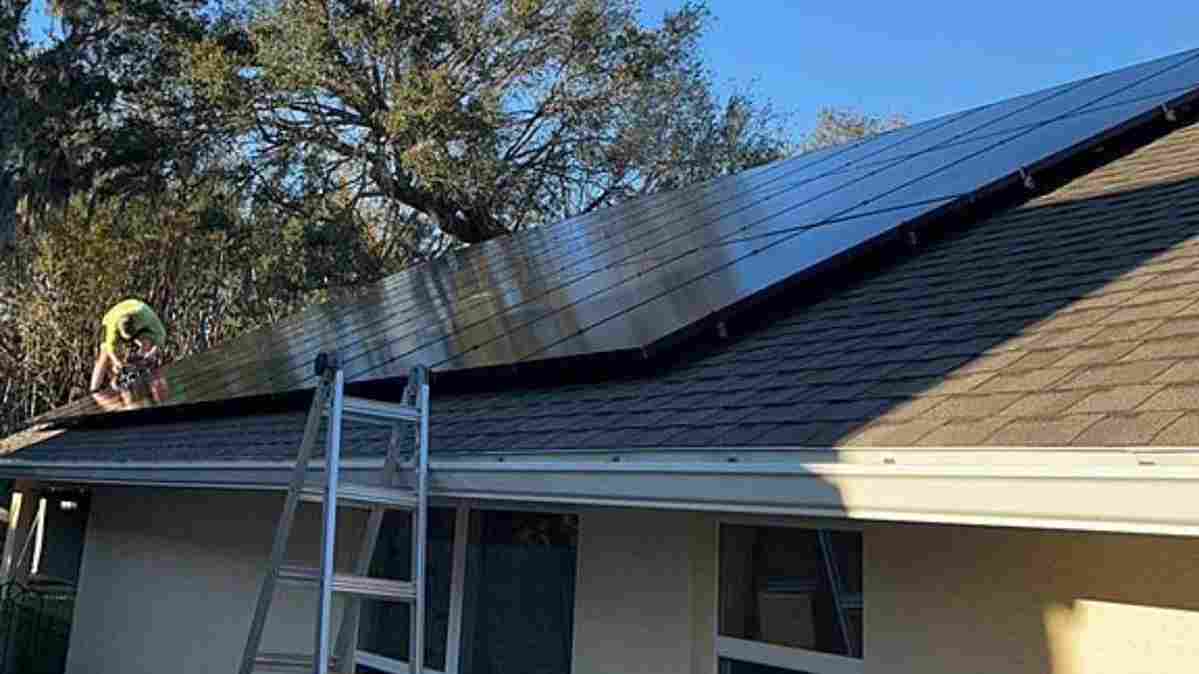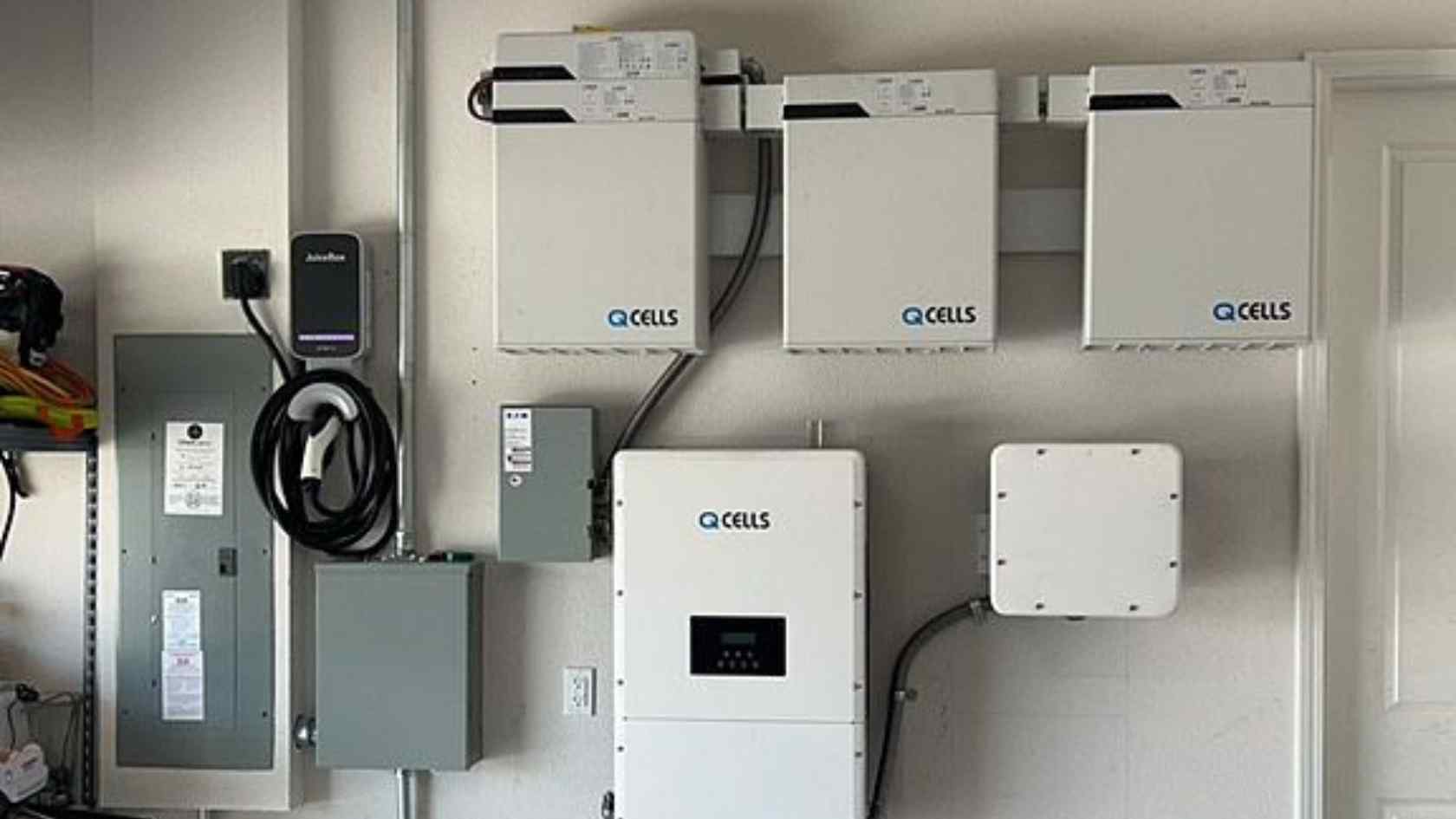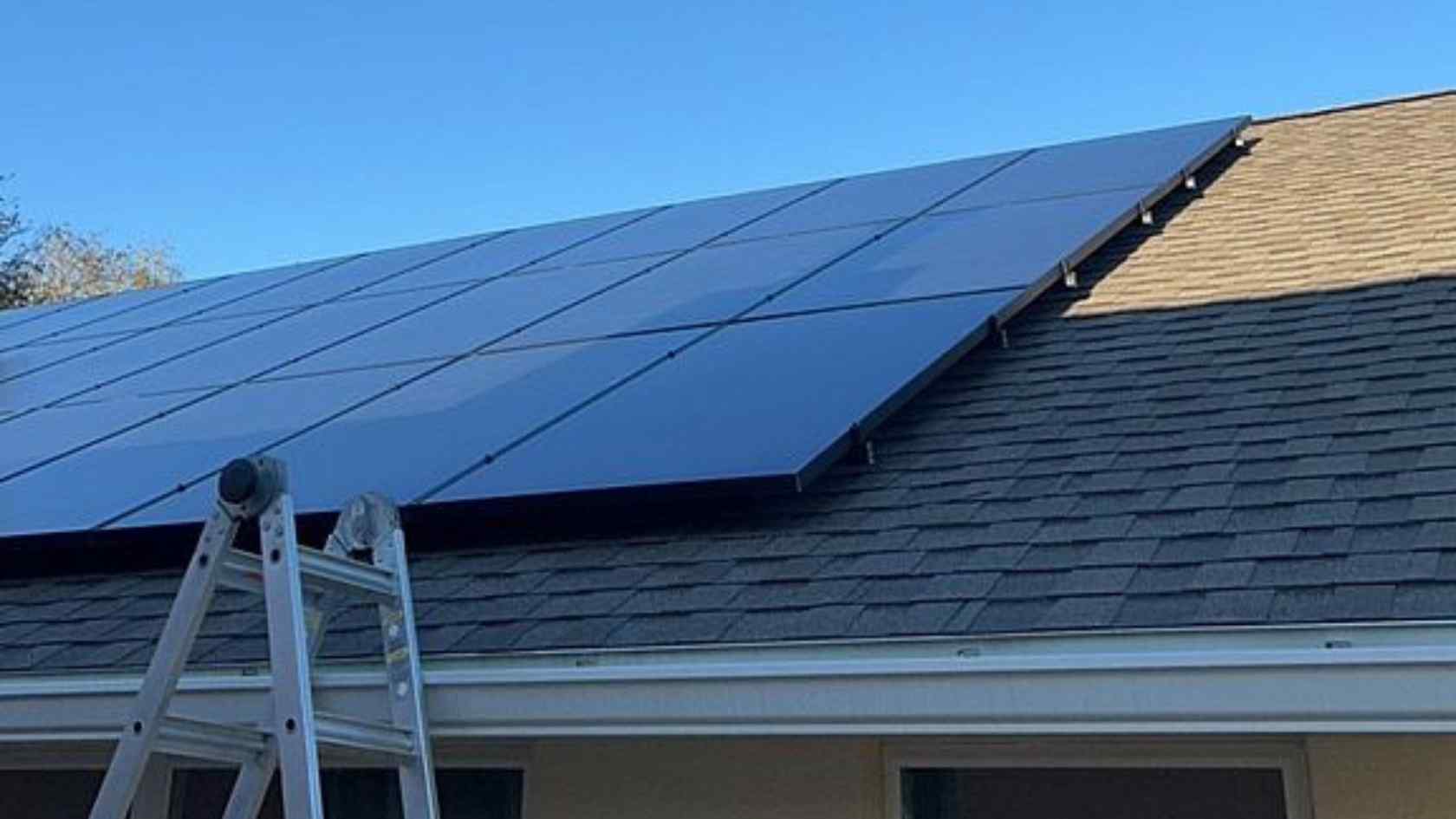Florida homeowners looking to add rooftop solar panels have probably come across the term “tier 1 solar panels” while researching the best home energy options. But what does that mean?
Depending on the context, “tier 1 solar panels” refers to the level of manufacturing capability of solar panel producers or the size of a home solar system here in Florida.
About Tier 1 Solar Panel Manufacturers
Tier 1 solar panels are a classification used to differentiate solar panel manufacturers based on their level of financial stability and manufacturing capabilities. This categorization is primarily used within the solar industry and not necessarily for homeowners.
The criteria for being classified as a Tier 1 solar panel manufacturer are not standardized and can vary depending on the organization or publication using the classification. However, several key factors are commonly considered when determining Tier 1 status:
- Bankability and Financial Stability: Tier 1 solar panel manufacturers are typically financially strong and have a proven track record of financial stability. They are often backed by reputable banks and financial institutions, indicating a lower risk for investors.
- Vertical Integration: Tier 1 manufacturers tend to have a high degree of vertical integration, meaning they control the entire solar panel manufacturing process, from producing solar cells to assembling panels. This control over the supply chain ensures consistent quality and reliable production capacity.
- Production Volume and Scale: Tier 1 manufacturers typically have large-scale production capabilities with high annual production volumes. This indicates that they can fulfill large orders and consistently meet market demand.
- Manufacturing Standards and Quality Control: Tier 1 manufacturers adhere to stringent manufacturing standards and implement robust quality control processes. They invest in research and development to improve panel efficiency, durability, and overall performance.
It’s important to note that being classified as Tier 1 does not guarantee the performance or suitability of a specific solar panel for an individual project. Other factors, such as warranties, certifications, and specific project requirements, should also be considered when selecting solar panels.
While the Tier 1 classification can serve as a useful reference point when evaluating solar panel manufacturers, it’s advisable to conduct further research and consult with reputable solar installers or experts to ensure the selection of the most appropriate solar panels for a particular installation.
About Tier 1 Solar Panels In Florida
In addition to being a manufacturer designation, the term “tier 1 solar panels” also refers to solar system sizes here in Florida.
System size is measured by the total number of watts it will produce each year. More solar panels mean more energy which equates to a larger system. System size is important in Florida due to the net metering guidelines set by Florida’s Public Service Commission.
Florida Power & Light’s interconnection agreement uses the following tiers:
| Level | System size |
| Tier 1 | < 10kW AC |
| Tier 2 | 10- 100kW AC |
| Tier 3 | 100 -2,000kW AC |
Homeowners will fall into either the tier 1 or 2 categories, as tier 3 systems are reserved for commercial facilities or solar farms.
Tier 1 and tier 2 solar panel classifications are important for Florida homeowners to understand, especially if you have FP&L as your utility company. Why? Tier 2 solar systems require an additional insurance policy with a minimum of $1 million in coverage and a $400 connection fee. Tier 1 systems do not require this additional coverage and only have a $35 connection fee.
The additional insurance requirements are something Florida homeowners should consider when pricing home energy systems. Larger systems will not only have higher installation costs, but they can also have longer payback periods.
Are Interconnection Tiers The Same As Tiered Rates?
As a Florida homeowner, you probably are already aware of tiered energy costs, or price fluctuations based on overall usage. For example, if you have FP&L, your first 500 kilowatt-hours (kWh) of usage are billed at a lower rate. Once you reach that threshold, the price per kWh increases.
To further complicate things, most energy companies also have tiered rates for excess energy sent to the grid. Meaning, the credit you receive when solar panels produce more energy than your home consumes may be less than what you would normally pay.
Tiered rates are not the same as the interconnection tiers mentioned above.
Put another way, you should factor in the costs for insurance/fees associated with tier 1 and 2 system sizes and payback rates separately.
For example, if you go with a smaller system (tier 1) to save on insurance costs, your system may not generate enough power to offset all of your monthly energy costs. This means you’ll have a monthly solar payment and a moderately high energy bill.
On the flip side, if you install a larger system (tier 2) and offset 100% of your monthly energy costs, the savings you see from a near $0 electric bill can offset the insurance amount.
Which Solar Panel Tier Is Right For Your Home?
Given the complexities of solar panel placement, it can be hard to determine which system is right for your home without having more information.
For example, a perfectly oriented home with no shade and moderate energy use can install a tier 1 system and expect to save $150+ on its monthly energy costs. The same home facing a different direction or with shade from nearby trees might only save $75 a month.
That’s why we typically advise homeowners to wait on deciding to choose a tier 1 or 2 system until they know if their home is a good fit for solar. Once you understand how much power your home can produce with rooftop solar panels, then you can determine how many you need to maximize savings.
Get Help From Local Solar Experts
Calculating energy costs and comparing tier 1 solar panels is complicated! Let our experts do the hard work for you. Our in-house engineers will review your roof and home to maximize solar panel placement and provide a full cost-savings report so you can determine which option is best for you, your home, and your budget.
Ready to get started? Give us a call at (904) 595-6835, or schedule a free solar panel quote online today!




